The Red Envelope: Billkin and PP Krit’s Take on a Love Story Beyond the Grave
In a cinematic landscape saturated with remakes, reboots and sequels, you might ...

As the conversation on climate change continues to gather steam, data has shown that billionares contribute to critical environmental issues. This includes through agriculture, water consumption, carbon footprint, and more. Below are 10 ways that billionaires may be bad for the planet.
A study by Oxfam in 2020 reported that the richest 1% produces double the combined carbon emissions of the poorest 50%. This is largely due to high-consumption lifestyles, including the use of private jets and yachts, and owning multiple homes across the globe.

The acquisition of large tracts of land by billionaires for agriculture, mining, and real estate development can lead to deforestation and loss of biodiversity. For instance, the Amazon rainforest has been significantly impacted by such developments, contributing to climate change. According to National Geographic, The Amazon rain forest absorbs one-fourth of the CO2 absorbed by all the land on Earth.
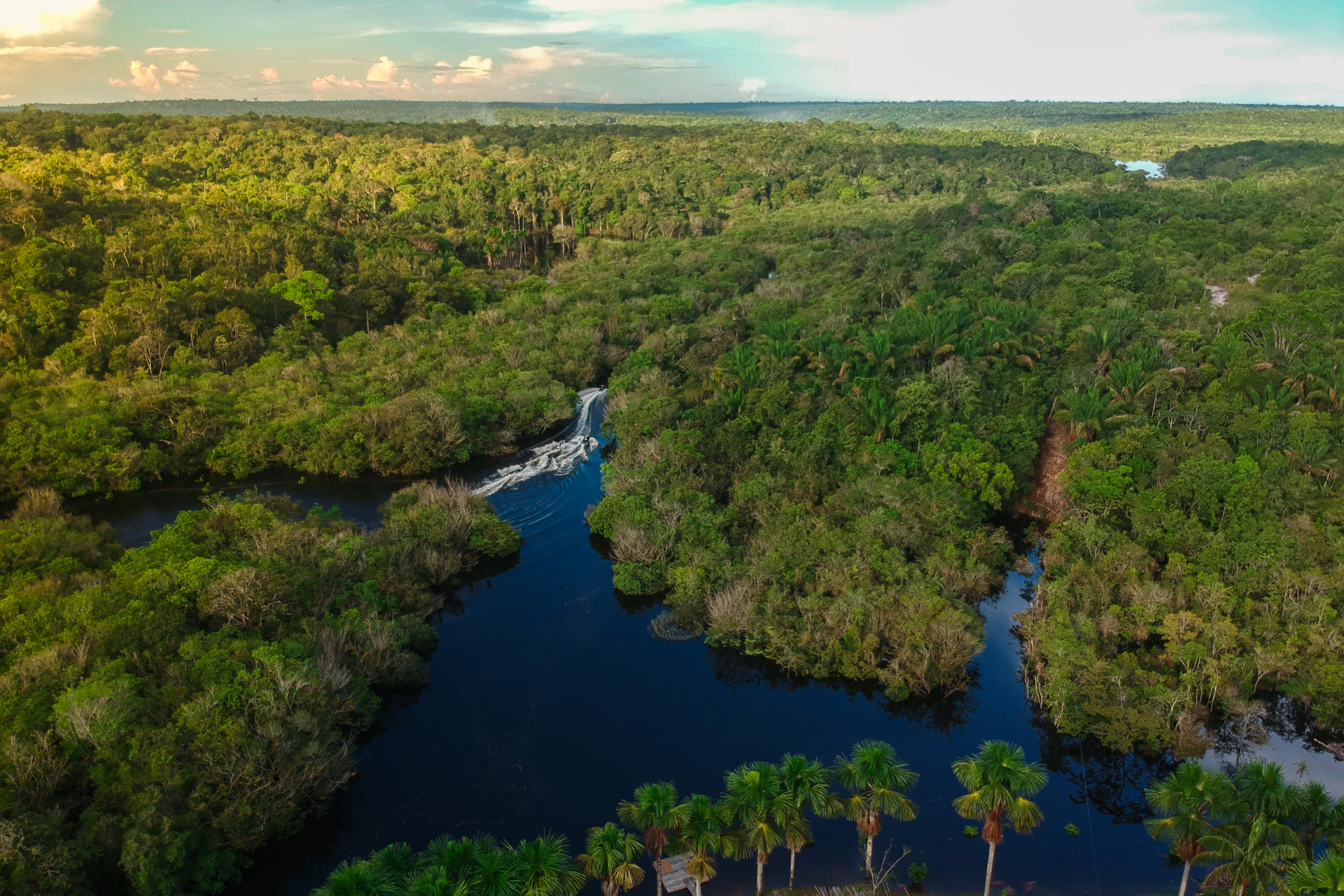
The extravagant lifestyles of some billionaires involve significant water use, from maintaining large estates and golf courses to water-intensive industrial processes. This consumption can strain local water resources, particularly in drought-prone areas.

The luxury goods and technology industries, often owned or invested in by billionaires, contribute significantly to global waste. For example, according to the Nuclear Energy Institute (NEI), the fashion industry is responsible for 10% of annual global carbon emissions, more than all international flights and maritime shipping combined.

Billionaires can exert considerable influence over political systems, potentially swaying policy and regulation in favour of their interests and away from environmental protection. This has been observed in lobbying against renewable energy subsidies in favour of fossil fuel interests.
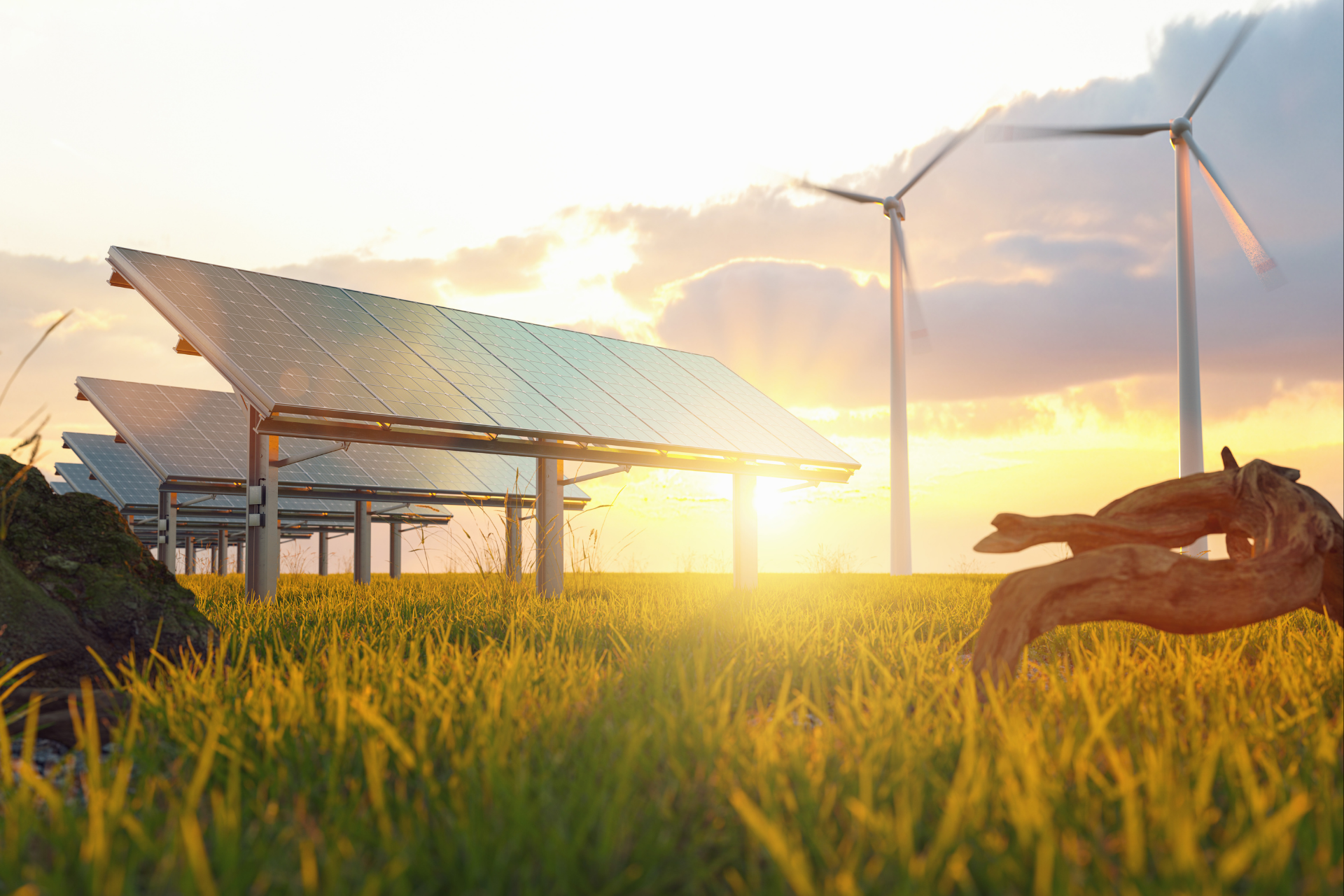
While some billionaires donate to environmental causes, the scale of their philanthropy often pales in comparison to the environmental damage caused by their business activities. For example, philanthropic contributions to climate change mitigation are significantly outweighed by investments in fossil fuels, according to Inside Philanthropy.
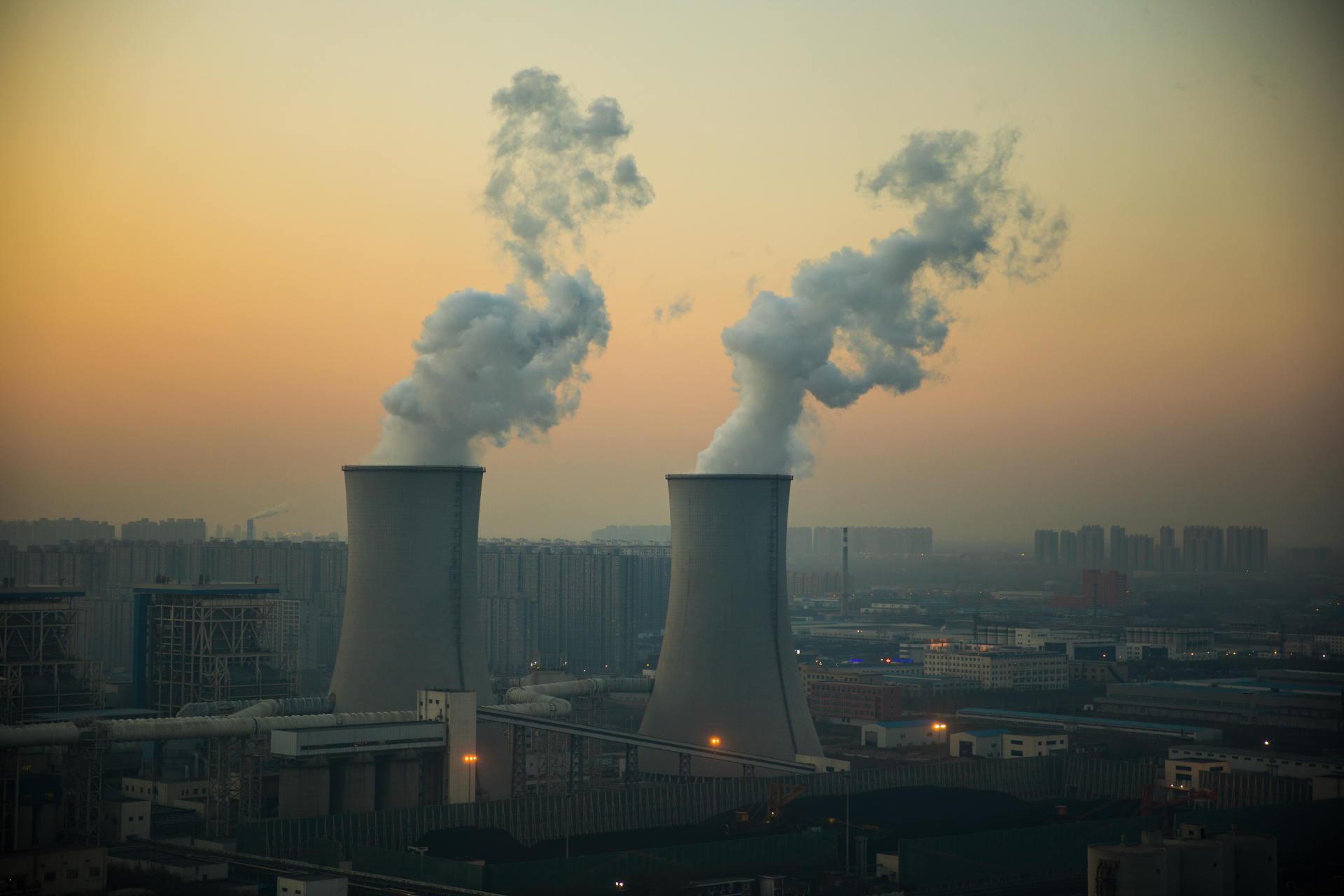
The business practices of some billionaires’ companies, particularly in fossil fuels, mining, and agriculture, directly contribute to environmental degradation. These industries are major sources of greenhouse gas emissions, pollution, and habitat destruction.
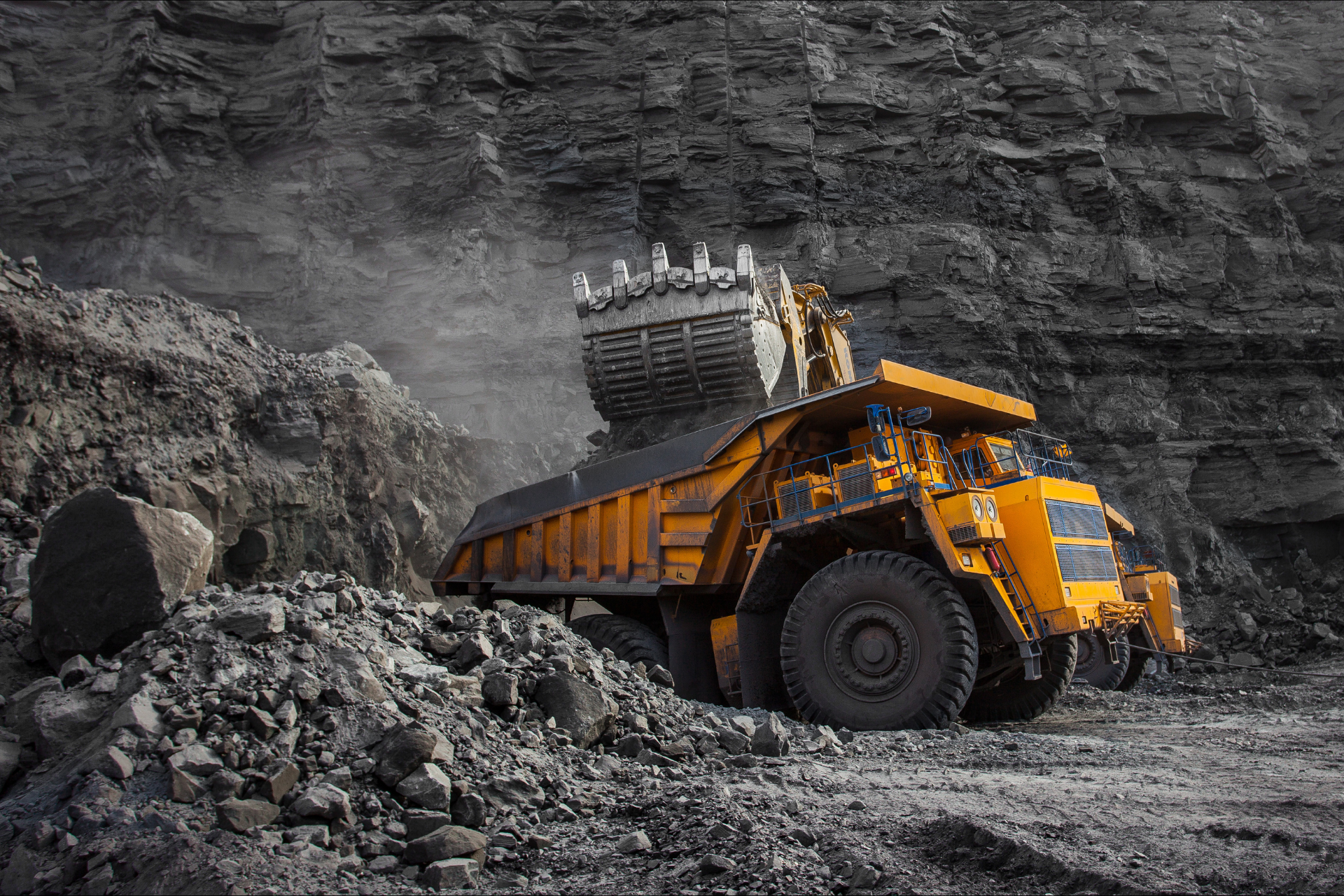
While some billionaires invest in technological solutions to environmental problems, critics argue that these can be insufficient or even counterproductive if they divert attention and resources from systemic changes needed to address climate change and environmental degradation.
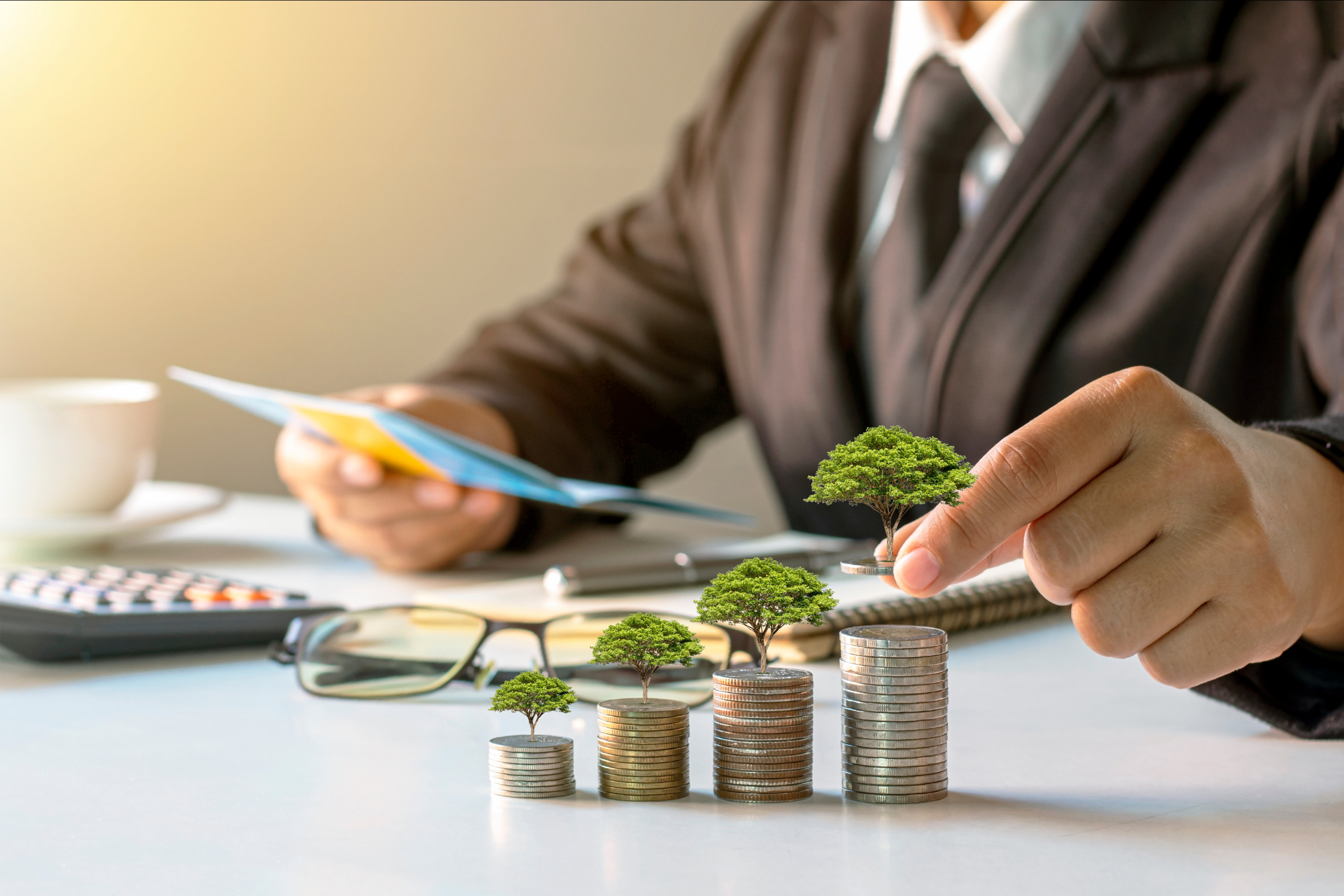
The environmental impacts of billionaires’ activities often disproportionately affect poorer countries and communities, which are less able to cope with the consequences of climate change and environmental destruction. This exacerbates global inequalities and challenges efforts towards environmental justice.
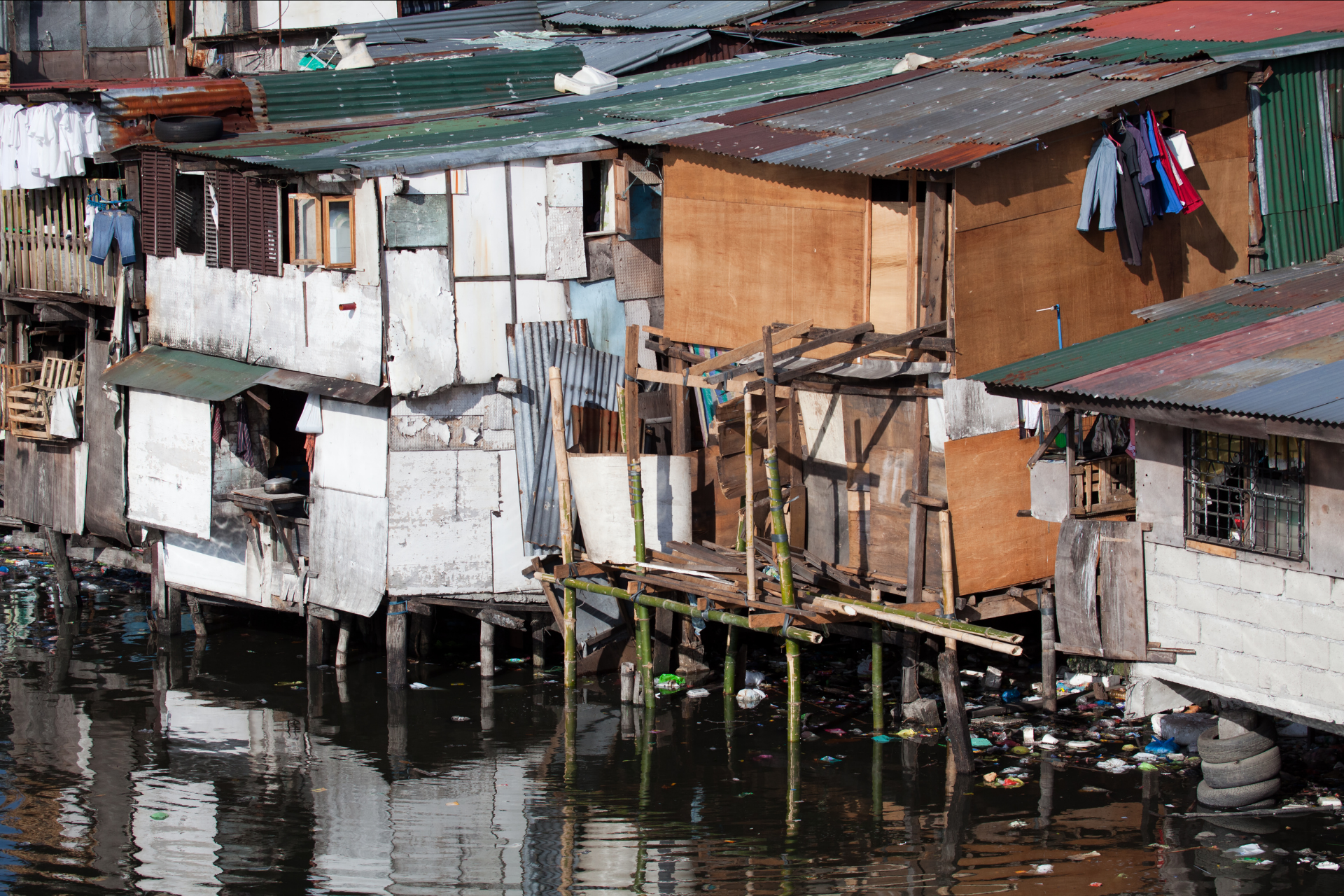
The mining and extraction activities associated with billionaires’ investments, necessary for their technology and manufacturing enterprises, often lead to significant environmental degradation, including water pollution, habitat destruction, and greenhouse gas emissions.
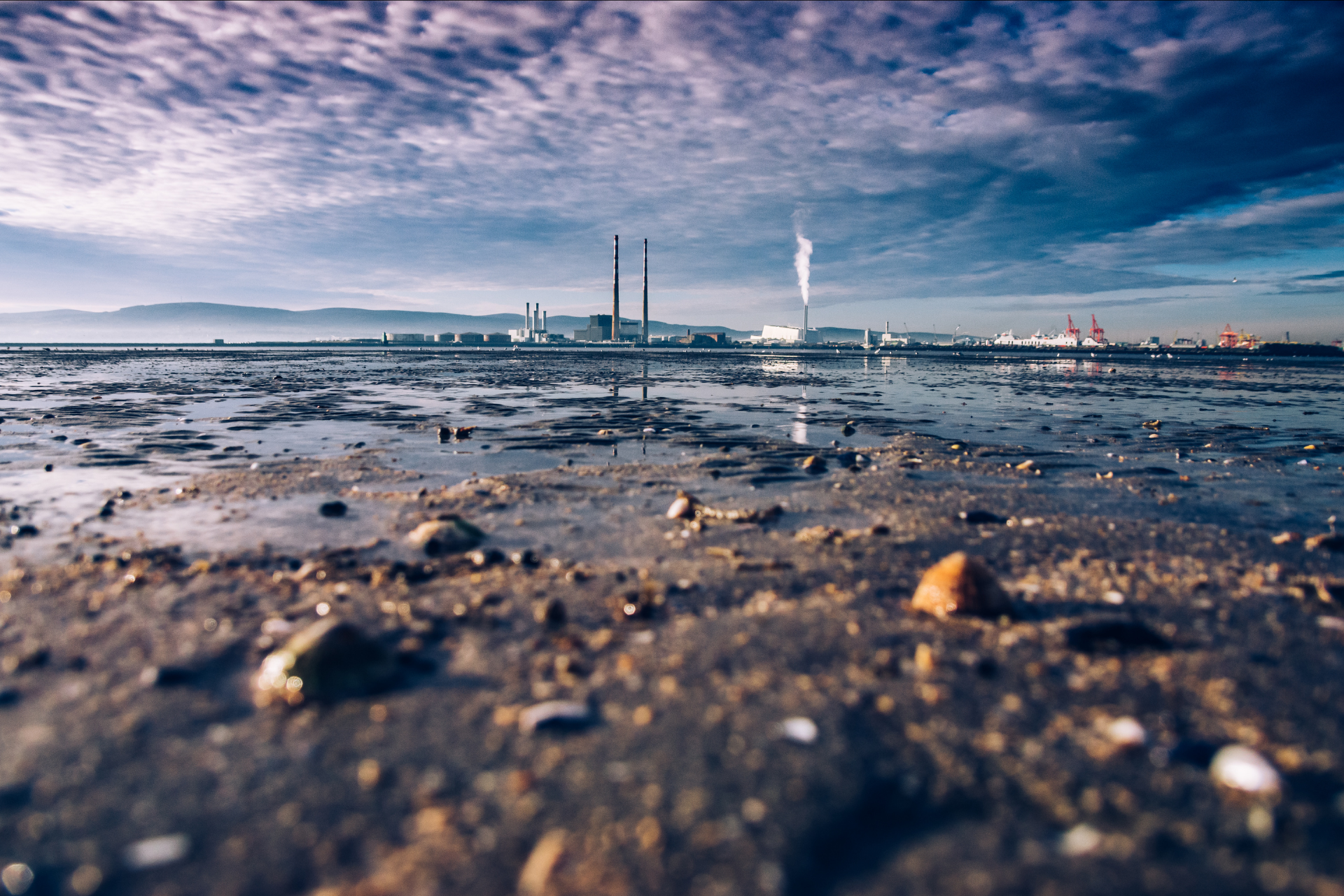
In a cinematic landscape saturated with remakes, reboots and sequels, you might ...
These top 5 barber shops in Bangkok are where gentlemen can elevate ...
While traditional TV shows are serving us endless boy-meets-girl tales. Thailand has ...
Must-have gadgets for kids in the Y2K are, predictably, making a comeback ...
Stay ahead of the curve with these three must-visit new restaurants in ...
See how Kim Steppé’s early passions, family values and entrepreneurial spirit continue ...
Wee use cookies to deliver your best experience on our website. By using our website, you consent to our cookies in accordance with our cookies policy and privacy policy